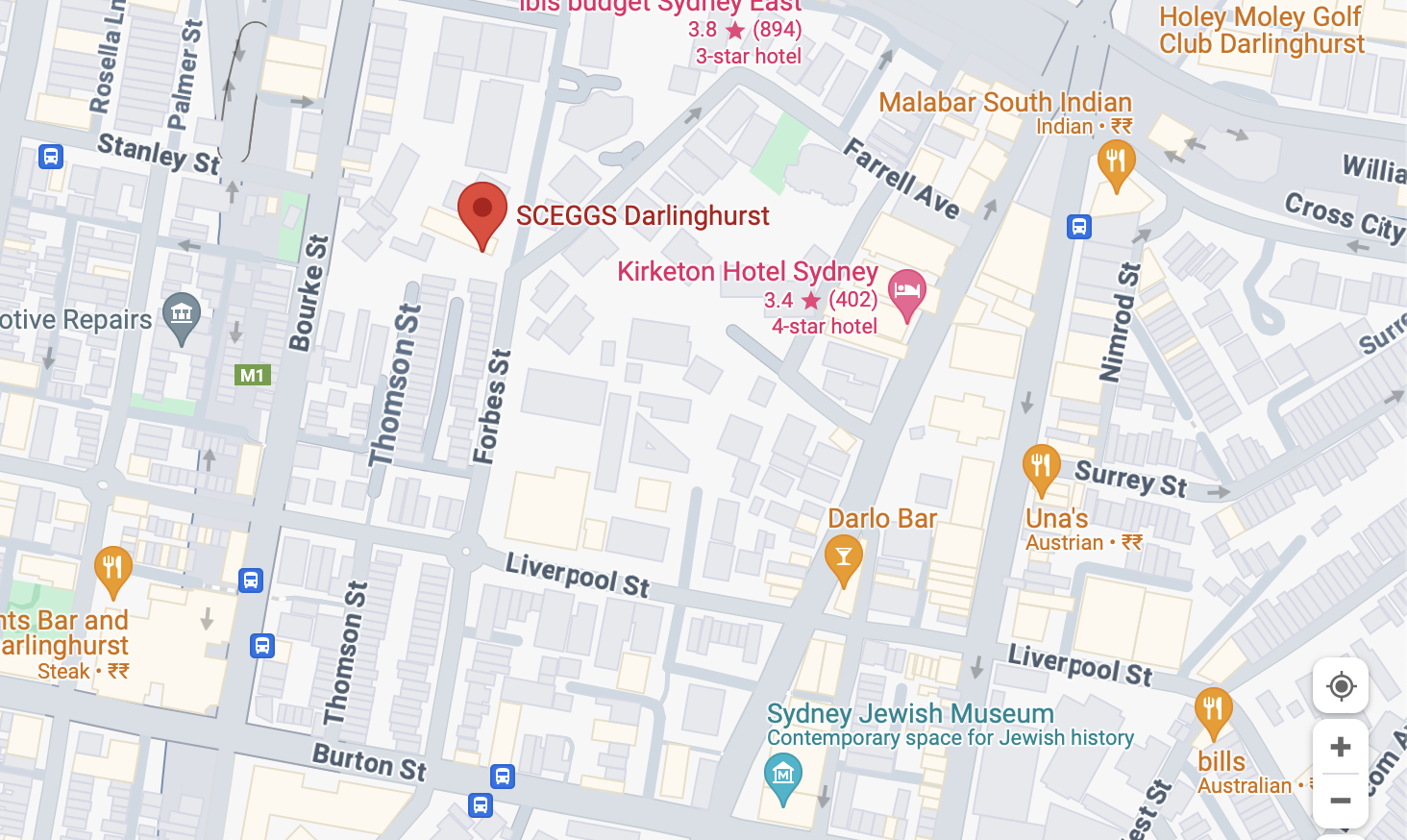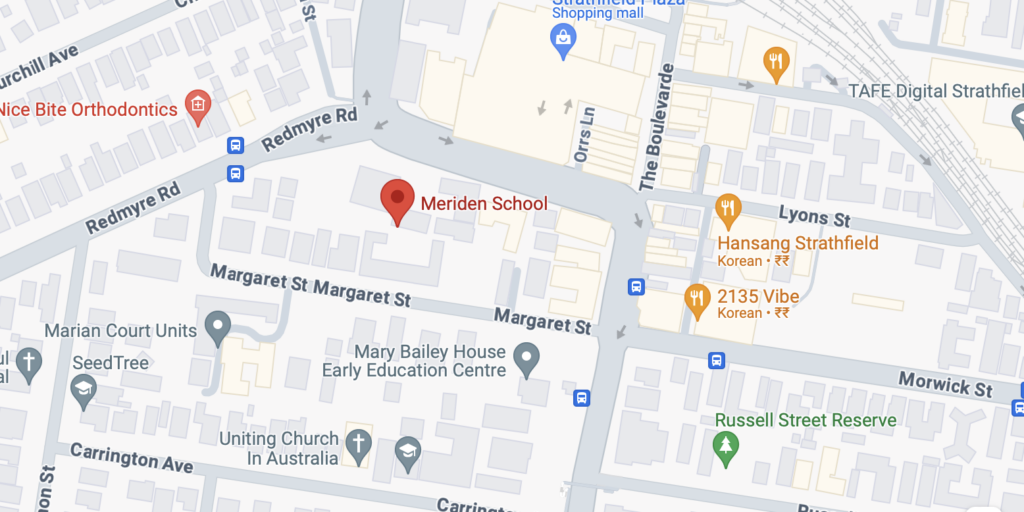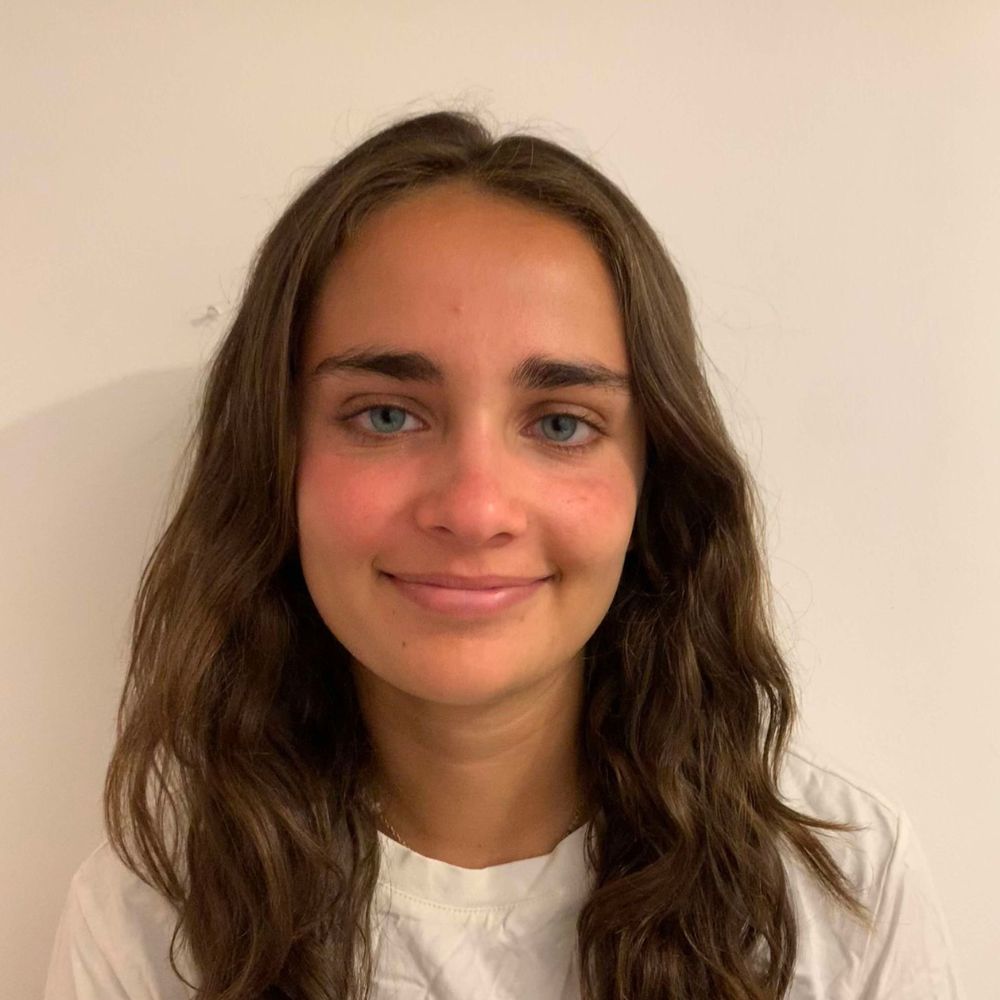NSW Private School Scholarships: What Should Students Focus On?
Behind the hallowed halls and ivy-covered facades, top private schools in NSW are cultivating the next generation of leaders, innovators, and critical thinkers. They seek students who can contribute to a vibrant, diverse community and thrive in an environment that fosters intellectual discourse, self-discovery, and personal growth.
In this guide, we’ll unlock the secrets to helping your child stand out in the highly competitive world of private school scholarships. From mastering entrance exams and interviews to building an impressive profile, we’ll provide insider strategies and proven tips to give your child a competitive edge.
Guide Overview
NSW Private School Scholarship Exams
Understanding the Exam Format and Pattern
> Subjects: Typically include English, Mathematics, and General Ability (which might cover both verbal and non-verbal reasoning).
> Duration: Varies, but each section might last from 20 to 40 minutes.
> Creative and/or Analytical Writing: Students are usually given one or more topics and are asked to write an essay or a creative piece.
> Subject-Specific Components (for specialised scholarships):
Might include additional tests for music, art, languages, or sports.
What Students Should Focus On
- English Proficiency: In these elite institutions, English is more than just a subject; it’s a cornerstone of the curriculum. Mastering English language skills can significantly elevate your child’s overall academic performance. Encourage them to read widely, from novels and poetry to newspapers and academic journals. Additionally, regular writing practice, such as essays and creative pieces, can further hone their language proficiency.
- Developing a Broad Skill Set: Private schools value intellectual curiosity and a holistic skillset that transcends any single subject. While honing strengths is essential, addressing weaker areas is equally important. Encourage a balanced study schedule that incorporates activities fostering different aspects of learning, such as puzzles for logical thinking or science projects for practical application.
- Time Management: Many students struggle not with knowledge but with the time-limited nature of exams. To overcome this challenge, simulate exam conditions at home by practising completing sections within set time limits. This strategic approach can help improve speed and accuracy under pressure.
- Exam Format Familiarity:
Different schools may have varying exam formats, ranging from essay-based questions to logical reasoning tests. Review past papers or sample questions, if available, to understand each school’s expectations and tailor your preparation strategy accordingly.

NSW Private School Scholarship Interviews
Here’s an overview of the types of questions interviewers ask and general guidelines on what students should say during NSW private school scholarship interviews:
- Genuine Interest and Passion:
Interviewers seek students who are genuinely enthusiastic about their interests, whether academic or extracurricular. Encourage your child to speak passionately about their pursuits, what captivates them, and the lessons they’ve learned along the way.
- Communication Skills:
Effective communication goes beyond mere speaking. It encompasses active listening, understanding, and responding thoughtfully. Practice discussions on diverse topics at home, allowing your child to express opinions and consider alternative viewpoints.
- Cultural Fit and Adaptability:
Private schools value students who can seamlessly integrate into and contribute to their community. Highlight experiences that showcase your child’s adaptability and openness to new experiences and cultures.
- Behavioural Questions:
These questions aim to reveal a student’s character, ethics, and problem-solving approach. Prepare your child for prompts like “Describe a challenge you faced and how you overcame it” by using real-life examples that illustrate their resilience and growth.
Profile Building
- Extracurricular Activities:
Participation in sports, music, volunteering, or other pursuits demonstrates well-roundedness beyond academics. Encourage your child to select activities they genuinely enjoy, as depth and commitment in a few areas often carry more weight than a long list of shallow involvements.
- Academic Competitions and Achievements:
Engaging in competitions like Math Olympiads or Science Fairs showcases intellectual curiosity and academic dedication. Maintain thorough documentation of all achievements and recognitions for inclusion in the application.
- Letters of Recommendation:
Seek letters from teachers, coaches, or community leaders who can personally attest to your child’s abilities, character traits, and accomplishments. These endorsements offer valuable insight into your child’s potential for success.

Need help navigating the NSW Selective Test 2024 and NSW Selective Test 2025? Reach out here: https://scholarlytraining.com/whatsapp










